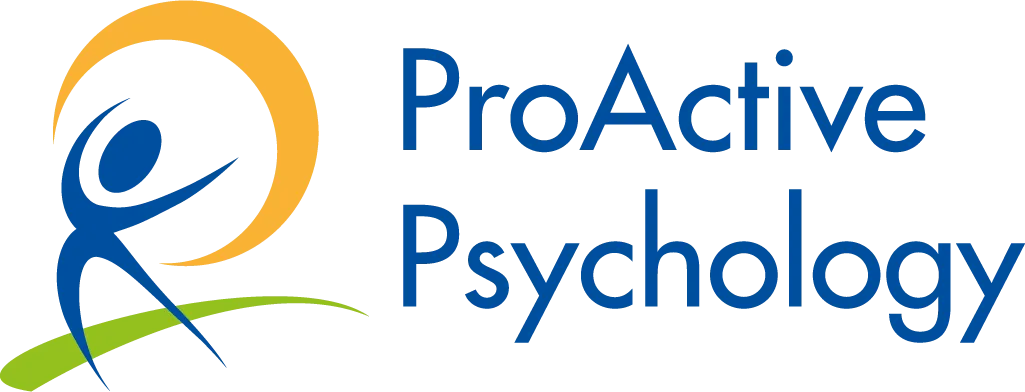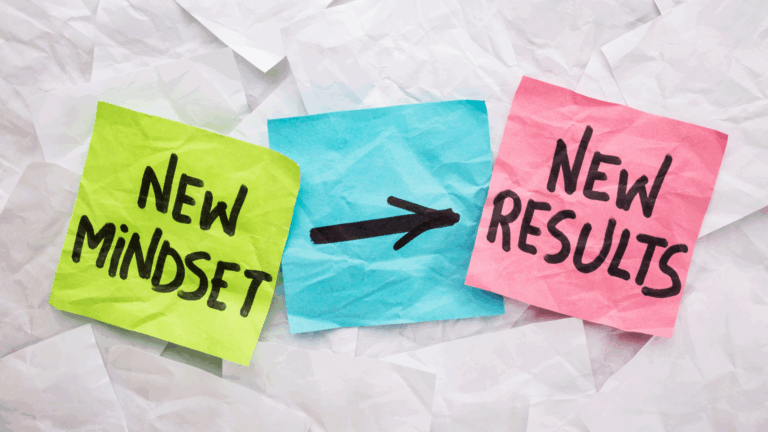Please note that the names and stories of individuals mentioned in this blog post are fictitious and have been created solely to illustrate the concepts discussed. Any resemblance to actual persons, living or dead, is purely coincidental.
The New Year is not just a calendar change but a psychological reset button—a chance to redefine our paths and realign our actions. What if we could transform our New Year’s resolutions from fleeting wishes into impactful, long-lasting changes this year? It’s about crafting goals that stick, nurturing habits that build us, and finding strength in the communities around us. In the coming sections, we’ll unpack the SMART way to set goals, explore the unsung hero that is self-care, delve into the grounding power of mindfulness, discover the strength in seeking support, and learn how reflecting on past triumphs can illuminate our way forward. Ready to reshape your year? Let’s dive in.
Goal Setting with the SMART Framework
When it comes to New Year’s resolutions, the key to success lies in how we set our goals. The SMART framework is invaluable in this process, guiding us to formulate specific, measurable, Achievable, realistic, and time-bound goals. Take Sarah’s example: her “get fit” resolution evolved into a SMART goal to “jog for 30 minutes, three times a week, for the next three months.” This level of specificity not only makes her goal more achievable but also easier to track and adjust as needed.
Using the SMART framework shifts our approach from wishful thinking to actionable planning. It challenges us to think critically about our objectives, breaking them into manageable, straightforward steps. For further insight into practical goal setting, resources like BetterUp’s blog [1] offer a wealth of information, helping you set meaningful goals.
The practical application of this framework is straightforward. Begin by identifying what you truly want to achieve. Ask yourself: What does success look like? How can I measure it? Is my goal realistic with the resources and time I have? You lay a solid foundation for your New Year’s resolutions by answering these questions.
Bonus Insight: The Power of Micro-Goals
In addition to the strategies outlined above, consider the impact of setting “Micro-Goals.” This approach involves breaking down your larger goals into smaller, more manageable tasks that can be achieved daily or weekly. Micro-goals’ beauty lies in their simplicity and immediacy, making achieving your larger resolutions less daunting and more achievable.
For instance, if your goal is to write a book, a micro-goal could be to write 200 words every day. If you aim to run a marathon, start with running or walking a certain distance each week and gradually increase it. This method helps maintain momentum and provides frequent moments of accomplishment, boosting your motivation and confidence.
Studies have shown that achieving small successes positively impacts our brain, releasing dopamine, which increases our feeling of pleasure and motivates us to continue working towards our larger goals. By setting and achieving these micro-goals, you’re not just making progress but also creating a positive feedback loop that fuels your journey towards your resolutions.
So, as you set out to tackle your New Year’s resolutions, remember the power of small steps. These small, consistent actions lead to significant, lasting change.
Self-Care: The Foundation of Personal Well-Being
Self-care is often the unsung hero in the narrative of achieving goals. It’s a broad concept encompassing everything from physical health to mental well-being. It’s not just about occasional indulgences but about making daily choices that contribute to our happiness and productivity. Alex’s story is a testament to this: he schedules an hour each evening for activities like reading or taking a hot bath, which helps him stay refreshed and focused.
Incorporating self-care into your daily routine doesn’t have to be daunting. Websites like Bravehearts [2] and WAYS [3] offer practical tips and strategies, from ensuring adequate sleep to setting boundaries that protect your emotional energy. The key is to find activities that resonate with you and make them a non-negotiable part of your routine. Even dedicating 15 minutes a day to self-care can lead to significant improvements in your overall well-being.
Mindfulness Practices: The Art of Being Present
Mindfulness is about being fully present and engaged in the moment. This practice can be a haven in our fast-paced world, offering a way to reduce stress, increase focus, and improve decision-making. Sofia, a university student, incorporates mindfulness into her routine by focusing on her breathing for five minutes before studying, which enhances her concentration.
Starting a mindfulness practice can be as simple as taking a few moments each day to focus on breathing or going for a mindful walk. Resources like the Gidget Foundation [4], Headspace [5], and Healthline [6] provide a variety of activities and guided meditations to help integrate mindfulness into everyday life. The key is consistency; even a few minutes of mindfulness daily can profoundly affect your mental and emotional health.
Seeking Support: Leveraging Community and Professional Resources
Achieving goals often requires more than individual effort; it involves seeking support from those around us. This can mean different things for different people: joining a community, seeking professional counselling, or simply sharing your journey with a friend. Maria’s experience is a perfect example: to improve her public speaking skills, she joined a local Toastmasters club, benefiting from the supportive environment and constructive feedback.
There are numerous avenues to explore when seeking support. Websites like ProActive Psychology, Counselling Online [8], and resources from the New South Wales Department of Education [9] offer various guidance and assistance. Identifying the type of support you need is the first step. Whether it’s professional advice, peer encouragement, or educational tools, reaching out for help can significantly enhance your journey towards your goals.
Reflecting on Past Successes: Learning from Experience
Reflection is a critical tool in setting and achieving goals. It involves looking back at past successes and challenges to inform future endeavours. Linda, for instance, regularly reviews her completed projects to identify her strengths and areas for improvement, which helps her set more effective career goals. This practice of reflection isn’t just about reminiscing; it’s about learning and growing from our experiences.
Engaging in reflective practices can provide valuable insights into your growth journey. Tools like the reflection journal worksheets from Positive Psychology [10] offer structured ways to reflect on your experiences. By reflecting, you celebrate your past achievements and gain clarity on your future path.
Conclusion and Call to Action
As we embark on a journey of personal growth and achievement in the New Year, we must remember that success in our resolutions is a blend of well-crafted goals, self-care, mindfulness, support, and reflection. The journey toward achieving these goals is as important as the goals themselves, often requiring dedication, adaptability, and sometimes guidance.
If you need more personalised guidance or professional support in setting and achieving your goals, don’t hesitate to contact ProActive Psychology or your preferred qualified health professional. Remember, seeking help is a sign of strength and a step towards empowerment in your personal development journey. Taking that step can be transformative for therapy, counselling, or just a bit of extra support.
Let this year be where your resolutions turn into real, tangible achievements. You have the tools and resources; now it’s time to take action. Make your enquiry, set your goals, and embark on fulfilling and meaningful growth.
References
- BetterUp Blog – Setting Goals for 2023: An insightful resource on goal setting and personal development for the new year. BetterUp’s Blog on Setting Goals for 2023
- Bravehearts – Self-Care Tips: Offers 20 practical self-care tips for maintaining well-being throughout the year. Bravehearts’ 20 Self-Care Tips
- WAYS – Strategies for Good Mental Health: Provides five essential self-care strategies to maintain good mental health. WAYS’ 5 Self-Care Strategies
- Gidget Foundation – Mindfulness Activities: Features stay-at-home mindfulness activities, particularly beneficial during antenatal and postnatal phases. Gidget Foundation’s Mindfulness Activities
- Headspace – Daily Meditation Habit: Offers guidance on establishing a daily meditation habit. Headspace’s Guide to Daily Meditation
- Healthline – Mindfulness Activities: A comprehensive guide to various mindfulness activities that can be incorporated into daily life. Healthline’s Mindfulness Activities
- ProActive Psychology: A professional resource for psychological support and personal development. Proactive Psychology Website
- Counselling Online – Setting Goals: Focuses on the role of counselling in goal setting and life changes. Counselling Online’s Guidance on Setting Goals
- New South Wales Department of Education – Educational Tools: Provides educational tools on using personal strengths for goal setting. NSW Department of Education’s Educational Tools
- Positive Psychology – Reflection Journal Worksheets: Offers tools and worksheets for reflective journaling, aiding personal growth. Positive Psychology’s Reflection Journal Worksheets


